Editor’s note: This piece contains mentions of sexual assault.
Vanderbilt Administration
Two words that when paired together are almost guaranteed to get a reaction from any student on campus. Two words that I’m not sure a student has ever used in a positive context. Two words that should garner the support of our student body, but instead just accompany feelings of lost faith.
Don’t get me wrong, I love Vanderbilt. The past year and a half that I’ve spent here have been better than I ever could’ve imagined. With that love comes a desire to see the university constantly improving, and that is where I find Vanderbilt falls short.
Time after time Vanderbilt has been presented ways to make meaningful change for itself, its students, its greater community and our planet.
Even in my short time here so far, I’ve seen the rise and fall of many of these movements, and worked on a handful of them including Campus Dining issues and Swipes for a Cause. These initiatives always show such potential, and have the support of vast numbers of students, but as time passes, our busy student body loses both interest, and faith that change is even possible.
Vanderbilt students are no stranger to burnout. That is simply a fact. However, I find myself writing this suffering from it in a way I would have never expected.
I am burnt out on trying unsuccessfully to make change at Vanderbilt, because I have no faith left that the administration desires to do so.
As a first-year, I applied to join Vanderbilt Student Government (VSG) bright-eyed and ready to effect change on our campus. I came in with multiple ideas for initiatives that I wanted to accomplish, and thought that VSG would be the proper channels to guide me towards success and create real change. In reality, COVID-19 restrictions made it impossible to hold in-person meetings, and put a damper on the productivity of the Student Services committee.
Later that year, I, along with four other first-year students, started Swipes for a Cause, which enabled students to donate their excess meal swipes every week to buy food for a local Nashville food bank. We had seen the disgusting amount of waste that is caused by the meal plan that Vanderbilt mandates, and wanted to use this to give back to our community. With COVID-19 restrictions forcing students to find outdoor spaces to gather or study, many students spent time in Centennial Park, seeing many less privileged individuals who could clearly use some of our unused meals. Our program allowed students to sign up to donate excess meal swipes at the end of each day that we picked up and delivered regularly to Second Harvest Food Bank of Middle Tennessee.
However, our initiative was promptly met with a student accountability email that instructed us to cease our operations immediately, with no sort of explanation or alternate way of operating. Now, after a year of exhausting negotiations with Vanderbilt administrators, we have finally restarted our program. From these countless meetings, we came to a compromise with the administration that restricts students to only donating their guest meals and meal money. This functionally limits students to donating a maximum of five meals and $225-325 per semester. While we are ecstatic to be able to give back to our community, we know how much our impact has been handicapped by these limitations.
Around the time that Swipes for a Cause (SFAC) got shut down, I was introduced to one of the people who I believe to be the most influential on campus, outstanding senior, Shun Ahmed. Shun was then serving as Vice President of VSG, and worked extensively with the SFAC team in order to help us navigate dealing with the administration. Without her guidance, I can say with utmost confidence that we would be nowhere close to where we are today.
That said, even with the help of a well-connected student government leader, we spent hours upon hours in meetings with administrators, mocked up multiple proposals based on those meetings that were still shot down and at times went months without any sort of correspondence. We were forced to turn to public pressure, writing an op-ed and publishing a petition that received over 2,200 signatures in order to receive attention from administration to resume working with them. Not only that, but even after finally catching their attention, we spent months walking on eggshells in order to not end up back in the same situation we were in before, where the administration ignored us anytime we pushed back on them in any way.
Despite being turned off by the lack of progress in my initial committee, I chose to return to VSG this year, working in a different committee on some of the initiatives I had come up with. I hoped that being able to meet in-person and have a more normal year would help me be able to finally bring these ideas to fruition. One of these ideas was to create a committee that would help bring student input to Campus Dining, in light of the uproar that came as a result of changes announced before the beginning of the school year. My peers and I felt like we were not being heard, and I hoped I could change that.
I met with Campus Dining every other week throughout the fall semester, and I still feel like they do not understand where students are coming from, no matter what attempts they make at trying to do so. I listened as the administrators on the meeting flat out lied to students, stating that a specific offering was halal, until the student pointed out that NetNutrition said “Sherry Cooking Wine,” and noted that the Campus Dining staff member also stated there was wine in the dish. I’ve had the opportunity to read through the submissions that they received in last year’s Campus Dining Survey, and was unsurprised to see that a large portion of the feedback received had still not been addressed over a year later. I heard an administrator question a student when they brought up the fact that multiple students they knew had been hospitalized after eating meals on campus, stating that food poisoning has very specific criteria in a way that seemed like it was aimed to invalidate their experience. I was told horror stories about how campus Munchie Marts accidentally prepared hundreds of half-cooked chicken dishes and even had to show the administrators a picture of a chicken wing that still had feathers on it. Mistakes may be inevitable, but they should be swiftly addressed to ensure safety, rather than seemingly trying to convince students that it wasn’t actually a problem.
I’ve watched devoted students fight day in and day out for divestment from fossil fuels, writing petitions, peacefully protesting and passing VSG and Graduate Student Council resolutions. All the while Vanderbilt loses money or makes minimal returns on these investments. Even one of Vanderbilt’s most notable alumni, Al Gore, has stated that Vanderbilt should “of course” divest. To this day, Chancellor Diermeier firmly emphasizes that the school should not “prescribe what a particular policy solution should be” and that they must maximize their returns on their endowment. However, investing in fossil fuels is itself choosing a policy and does not maximize returns.
Furthermore, students all around campus have brought light to the apparent disregard for the problems of sexual assault that exist on our campus. I have never seen, nor been able to find any messages from Vanderbilt administration addressing these issues, let alone any plans to mitigate them. In fact, Vanderbilt has gone as far as to hire a faculty member with a number of allegations of sexual harassment and inappropriate conduct. Yet when asked about these allegations all that was received was a university statement that simply states they “do not comment on the specifics of personnel matters.”
Vanderbilt is not open to change.
This fact is one of the university’s biggest shortcomings. I understand that it is easy to fall into methods that have been proven successful, rather than innovate and change, but Vanderbilt’s community creed explicitly contrasts that ideology. Before I came to Vanderbilt, I knew it was a place that attracted the type of people that would push the community to be the best that it could be. As time passed after my acceptance, I too found things that I saw could be improved upon, and that drove me to work for change over the past two years. Vanderbilt’s website is emblazoned with quotes that talk about fostering an innovative living and learning environment, asking and working on questions that matter to you, striving to openly engage with ideas and more. However, from my experience, when students genuinely try to pursue the curiosity and innovation that the university promotes, they are met with pushback that, simply put, fosters nothing at all.
Vanderbilt administration is motivated by two things: money and publicity.
The university recently unveiled a new athletics initiative called Vandy United, a $300 million investment meant to “support major facilities and operational enhancements”. Obviously, this project has brought in exorbitant amounts of money, and will continue to do so via theoretically improved athletics teams, as well as having garnered significant publicity for the athletics department, and by extension Vanderbilt as a whole. The communications department has written a book about how the administration navigated the COVID-19 crisis, detailing the success of the university. However, “A Year Like No Other” fails to present a balanced retelling of the past year, instead choosing to spend the words patting themselves on the back. The book has been met with disapproval on multiple fronts, with the Graduate Student Union hosting an event where students could return their copy of the book. The university has prohibited student attendance at athletic events as a result of the omicron variant causing an additional wave of COVID-19, despite still allowing paying fans into these matches. In fact, they have gone so far as to sell the tickets to the seats that would have gone to students. These three situations are simply a drop in the bucket in countless examples of this behavior.
Vanderbilt must do a better job of prioritizing the issues that the university community brings to their attention.
Chancellor Diermeier says it best himself in one of his first statements to the university, that “we are proud of what we have accomplished, but we are not satisfied.” The Hustler alone has published article upon article from members of the Vanderbilt community speaking up on issues such as campus dining, student mental health, diversity and inclusion, Vanderbilt’s treatment of employees, sexual assault and countless others. Yet rarely does our administration even do as much as to issue a statement in response to these issues.
At the end of the day, there are two things that must happen for change to actually occur at Vanderbilt. As a community, we must hold the administration accountable to imparting change on our campus based on the issues that we bring to light. Additionally, student leaders must work together to force the hand of the administration in order to properly effect change on campus. It is not fair to ourselves and our peers to let this university ignore its issues until those willing to stand up are too burnt out to continue.
The dilemma that student leaders then face is this: what are student leaders to do when the administrators they work with are not willing to budge on issues that the student body is passionate about? I personally struggle with this regularly when working with the administration, because from past experience, I know that any shred of disrespect or speaking up in a way that they dislike is a fast track to getting promptly stonewalled. However, what administrators do not understand is the fact that students do not speak up with the intent of personally attacking them. In fact, it is the exact opposite; they voice their concerns out of respect for what an administrative position represents, a position that has the ability to change the lives of students on campus. A student leader views an administrator that is unwilling to work with them as disrespecting the position they hold and the power they have to impart change.
Thus, there comes a point where there is no respectful way left for a student to communicate their viewpoints, and therefore face the decision of whether to risk saying something disrespectful and meeting that stonewall I mentioned previously, or just give up and move on. This is not a decision that we should have to make, but yet it is one that countless students have faced. The examples I touched on previously are what have continually built up this mountain of distrust, because we as student leaders feel that we can no longer count on administrators to listen and work with us.
The cycle of distrust must be broken in order for Vanderbilt to return to progress that has grinded to a standstill over the past few years.

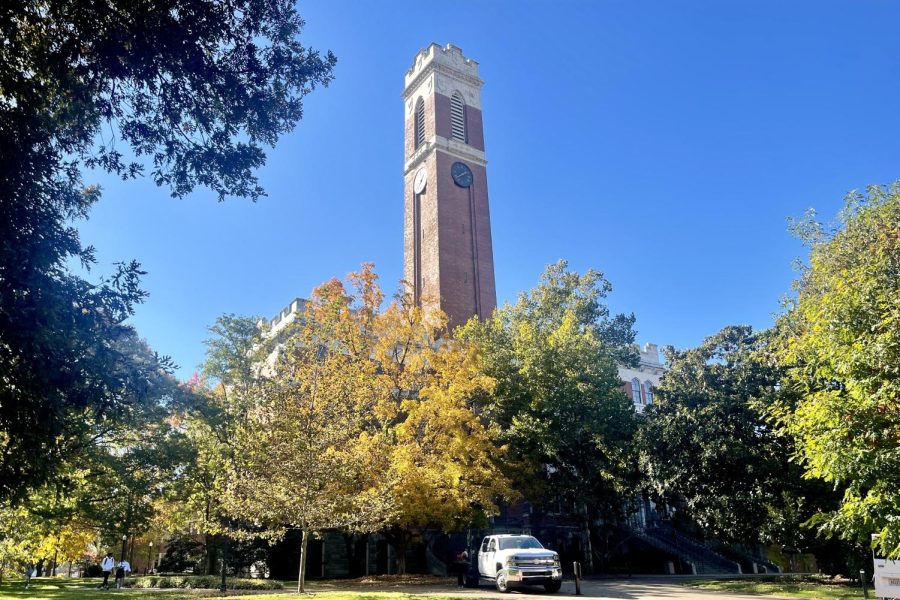


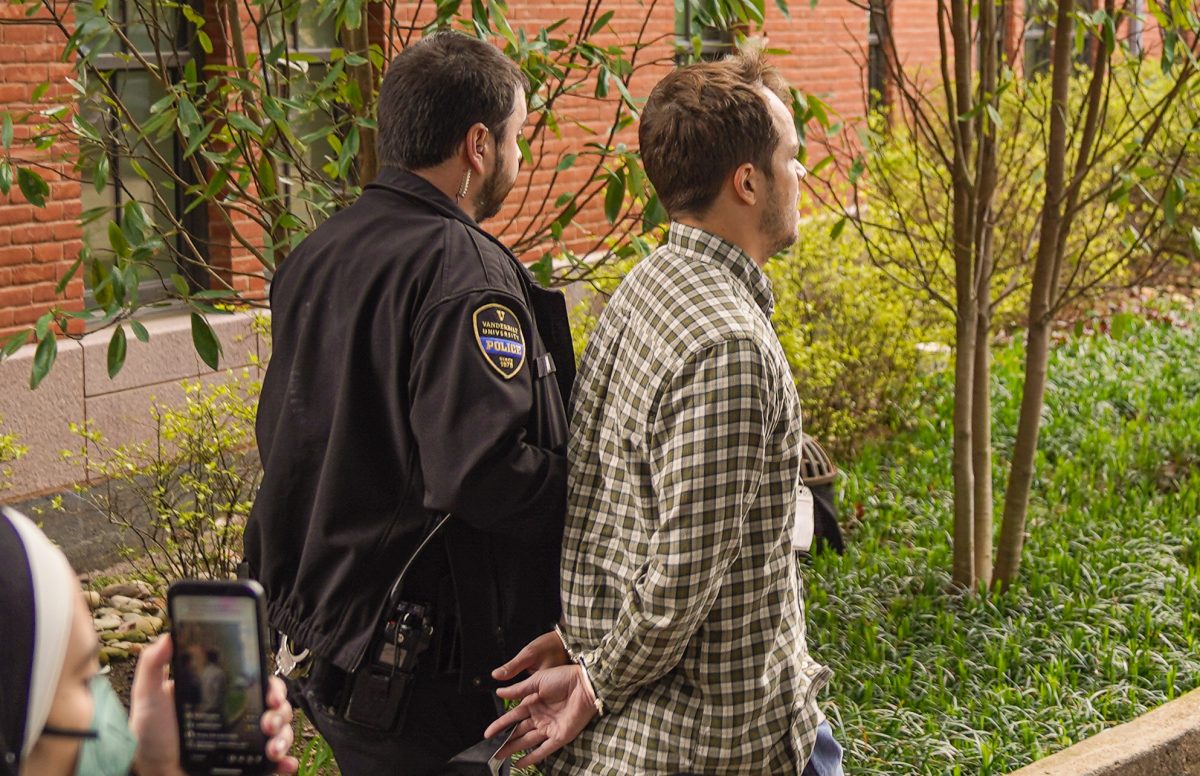
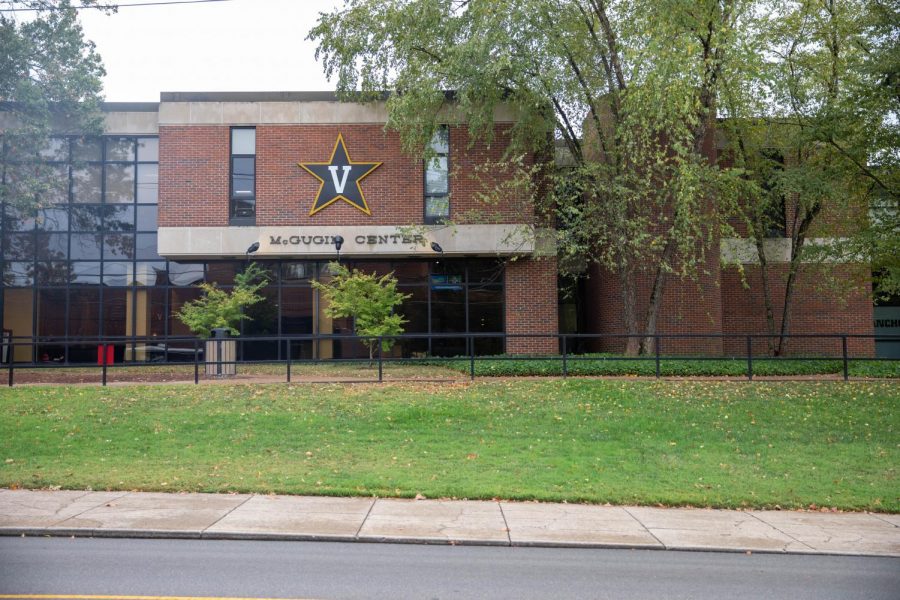
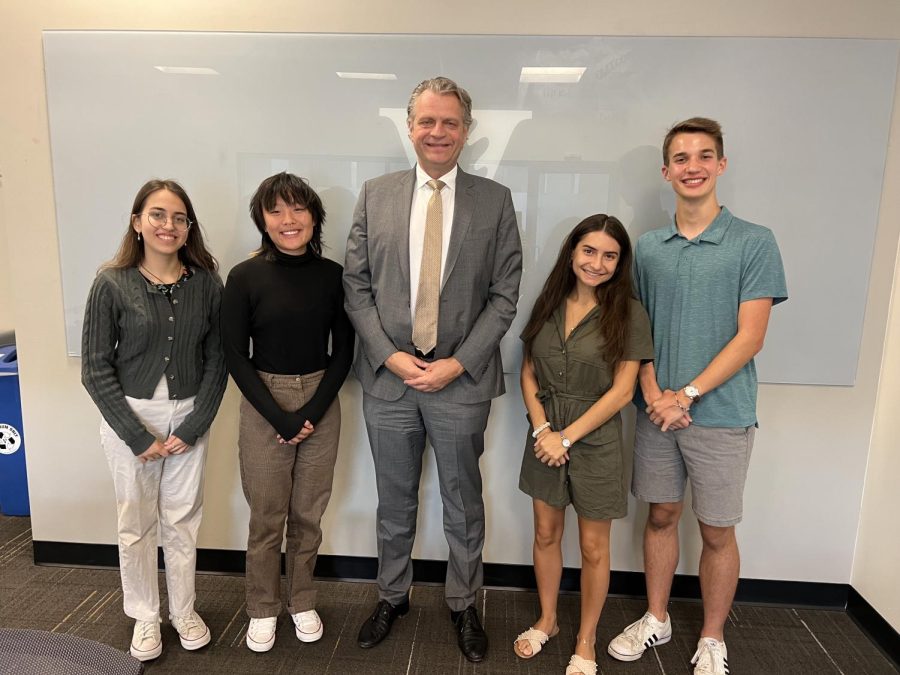
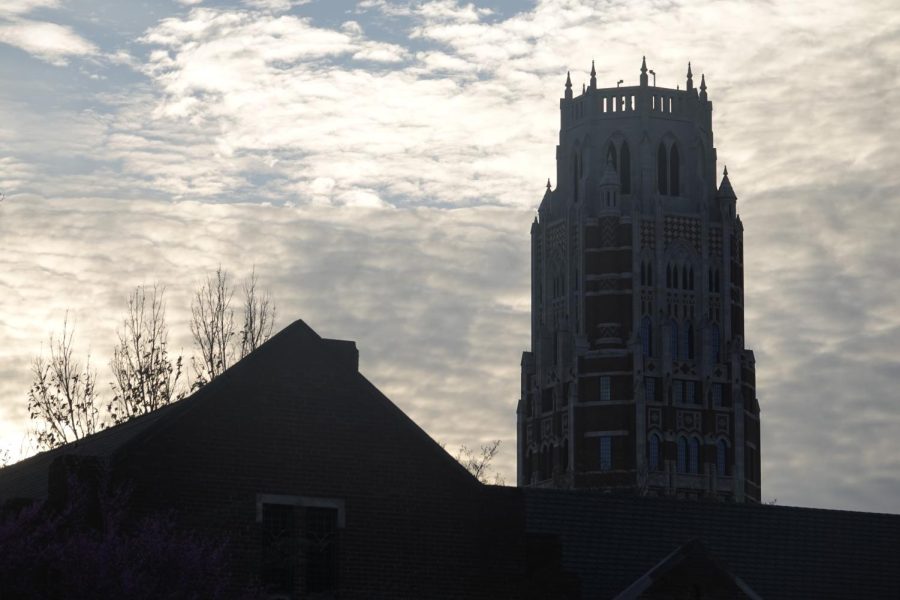

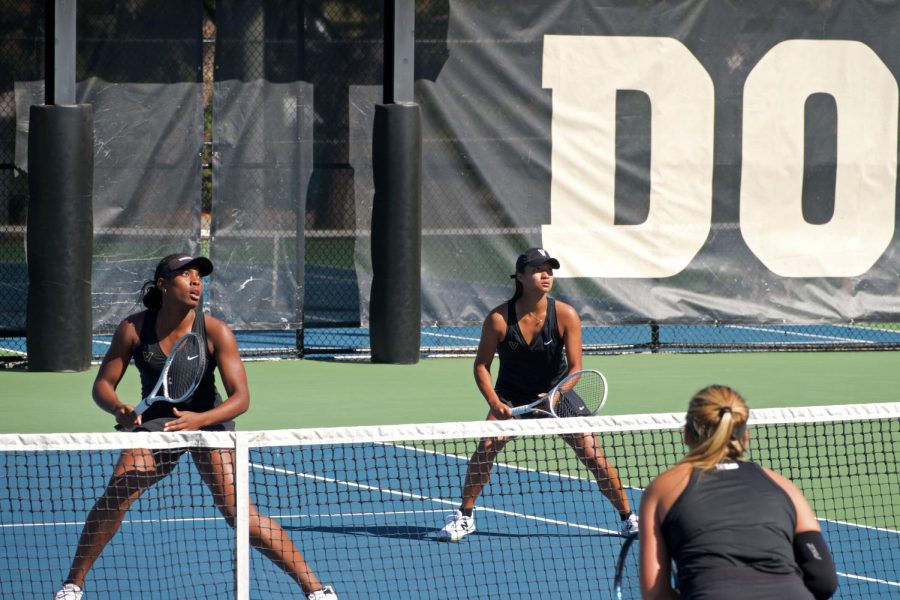


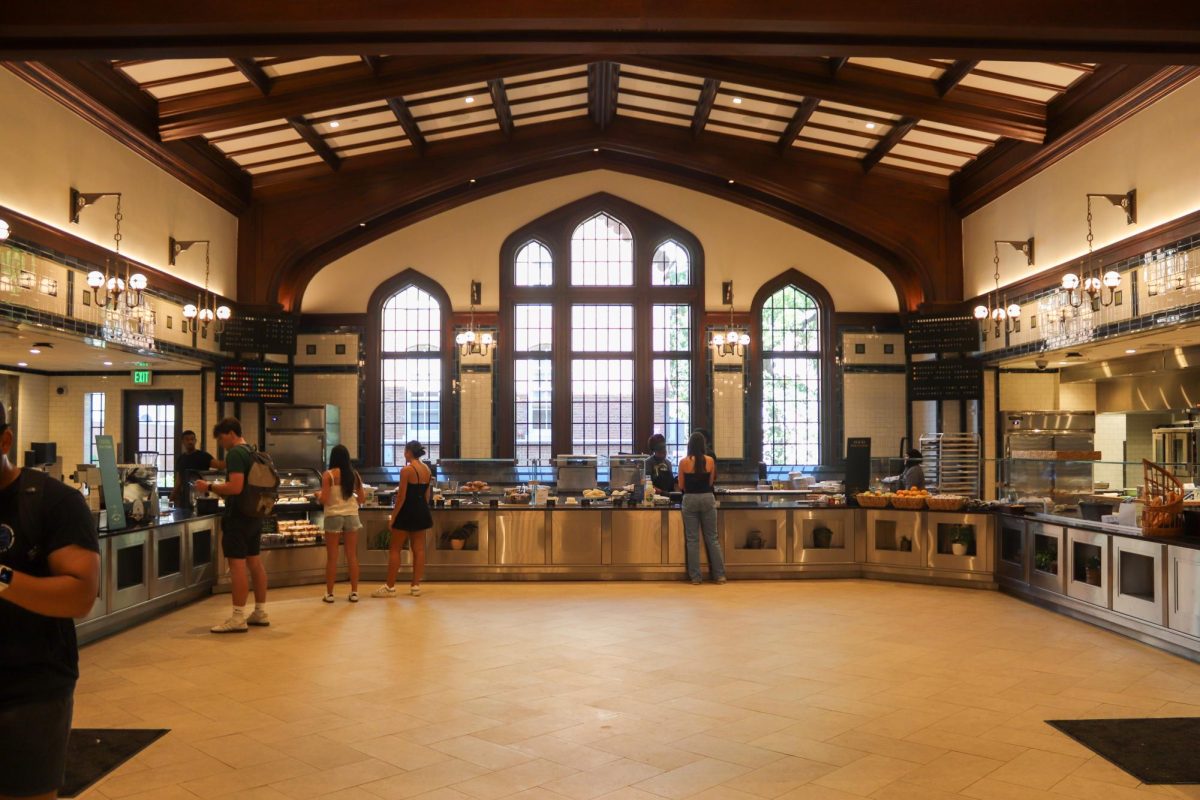
VLS student • Jan 16, 2022 at 3:46 pm CST
This article is also true of Vanderbilt Law School. The administration is so cheap; they won’t give anything to address student needs or complaints. They never replace universally despised, failing teachers. Constant meetings, petitions, and letters lead nowhere. Meanwhile, VLS constantly raises fees and tuition while cutting services and support. As long as we’re paying, our education and health simply don’t seem to matter.
Matt Nelson • Jan 12, 2022 at 10:57 pm CST
Good article, Josh. I agree
Miguel Moravec • Jan 12, 2022 at 3:28 pm CST
Fantastic piece Josh – trust has been broken and it’s long past due that admin comes to the table on any of these issues. Keep holding the people in your way accountable